
Semiconductors at University of Tsukuba:Demonstration of operation at 800°C!
– Proven by electrical property evaluation equipment capable of measuring up to 900°C –
-Used in underground development, steel, space/aviation industry, etc.-
From the article published in PC Watch, we will deliver a summary report.

Hironori Okumura, Assistant Professor, University of Tsukuba
Semiconductor devices at the University of Tsukuba:
A research team led by Assistant Professor Hironori Okumura
has developed a “semiconductor device
that can be used in harsh environments exceeding 800°C.”
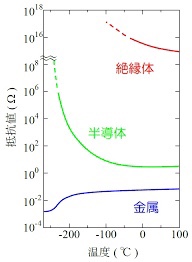
Limitations of silicon semiconductors:
Silicon semiconductors malfunction at 300°C.
Therefore,
it cannot be used for underground resource excavation,
space exploration,
engine peripherals, etc.
Semiconductors operating in environments above 300°C require different devices.
Semiconductor operation in high temperature environment:
It is necessary to use a material close to an insulator.
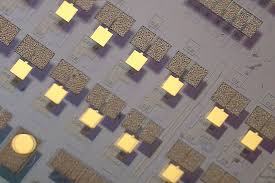
Aluminum nitride (AlN) crystal diode:
There have already been reports of operation in “diodes and transistors using AlN crystals.”
There is also a theory that “AlN elements are superior in high-temperature regimes.
“ However,
there are limitations on the equipment used to examine electrical characteristics,
and it has been limited to ”500°C or less that can demonstrate device operation”.
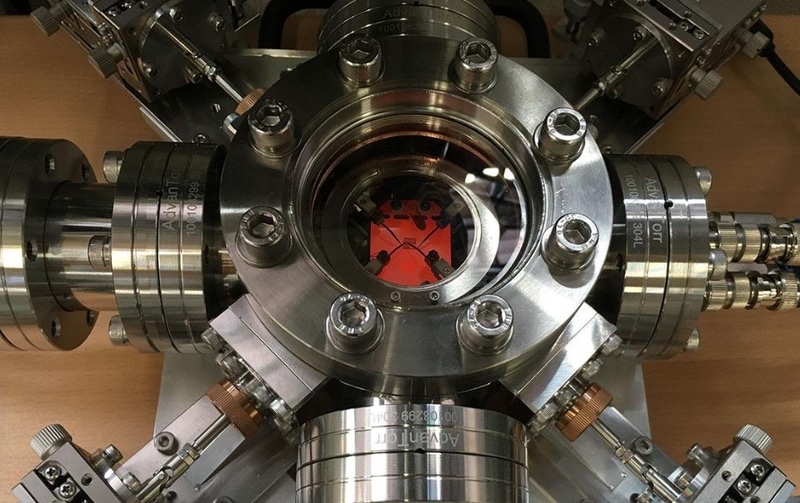
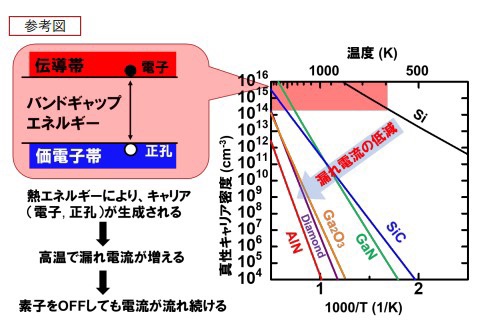
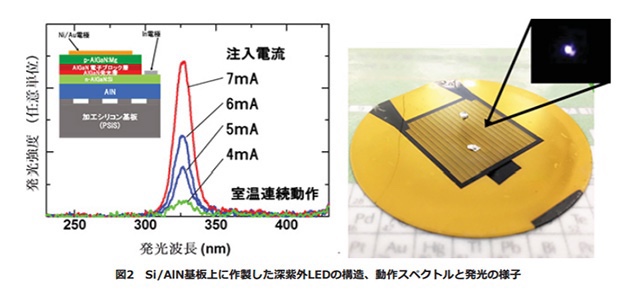
Using AlN layer on sapphire substrate:
Sapphire is available in large area samples at low cost.
An AlN layer is used on the sapphire substrate.
Heat resistance was achieved with an element with as simple a structure as possible.
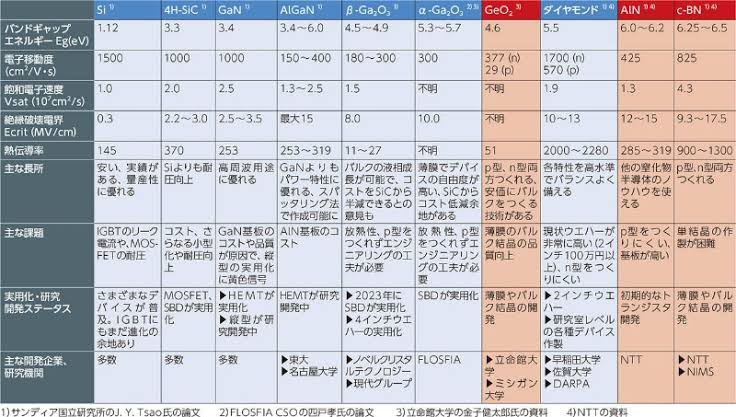
Practicality of AlN elements:
AlN elements are also excellent in practical use.
This technology is expected to contribute
to underground development, steel and space/aviation industries.